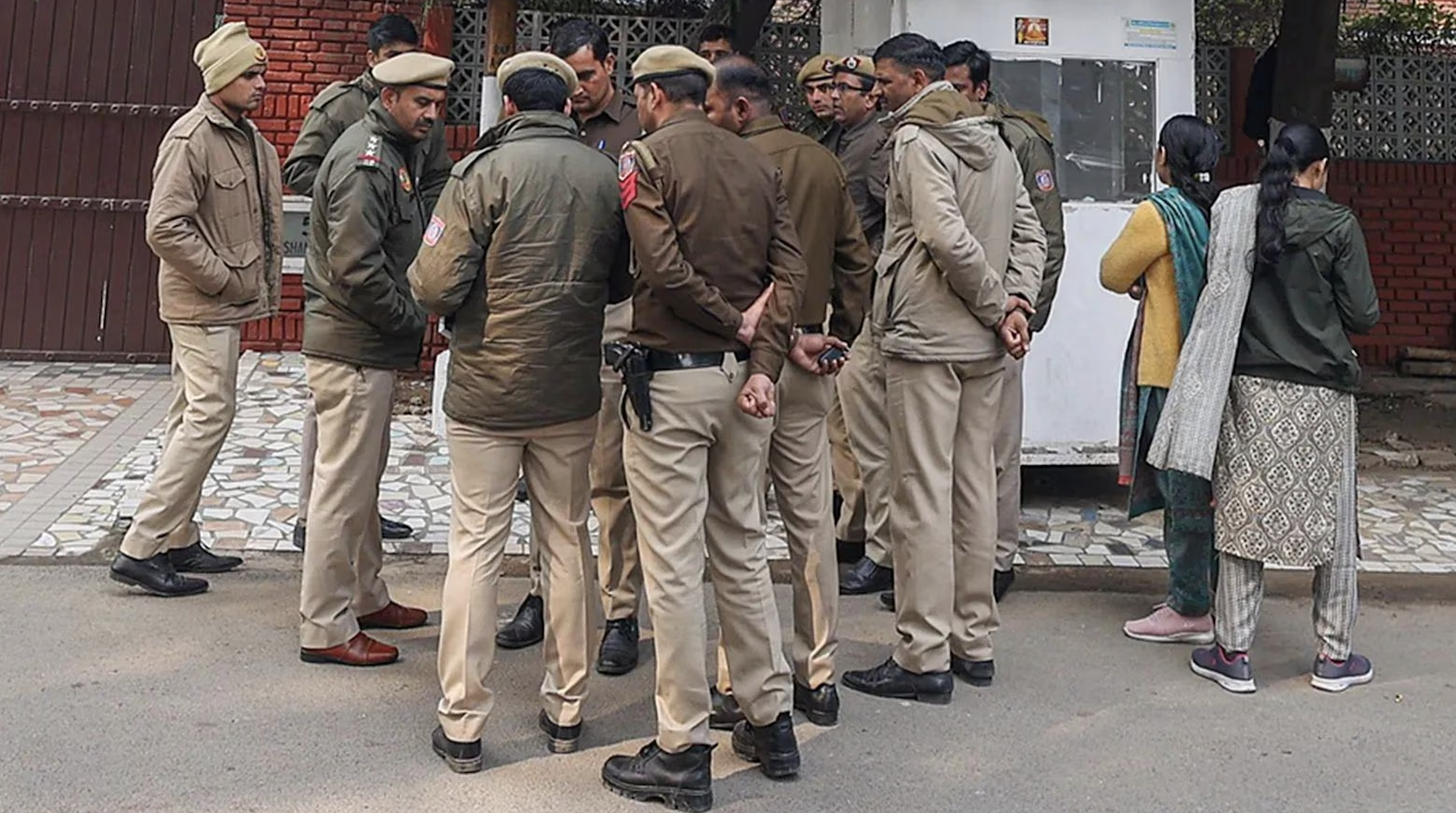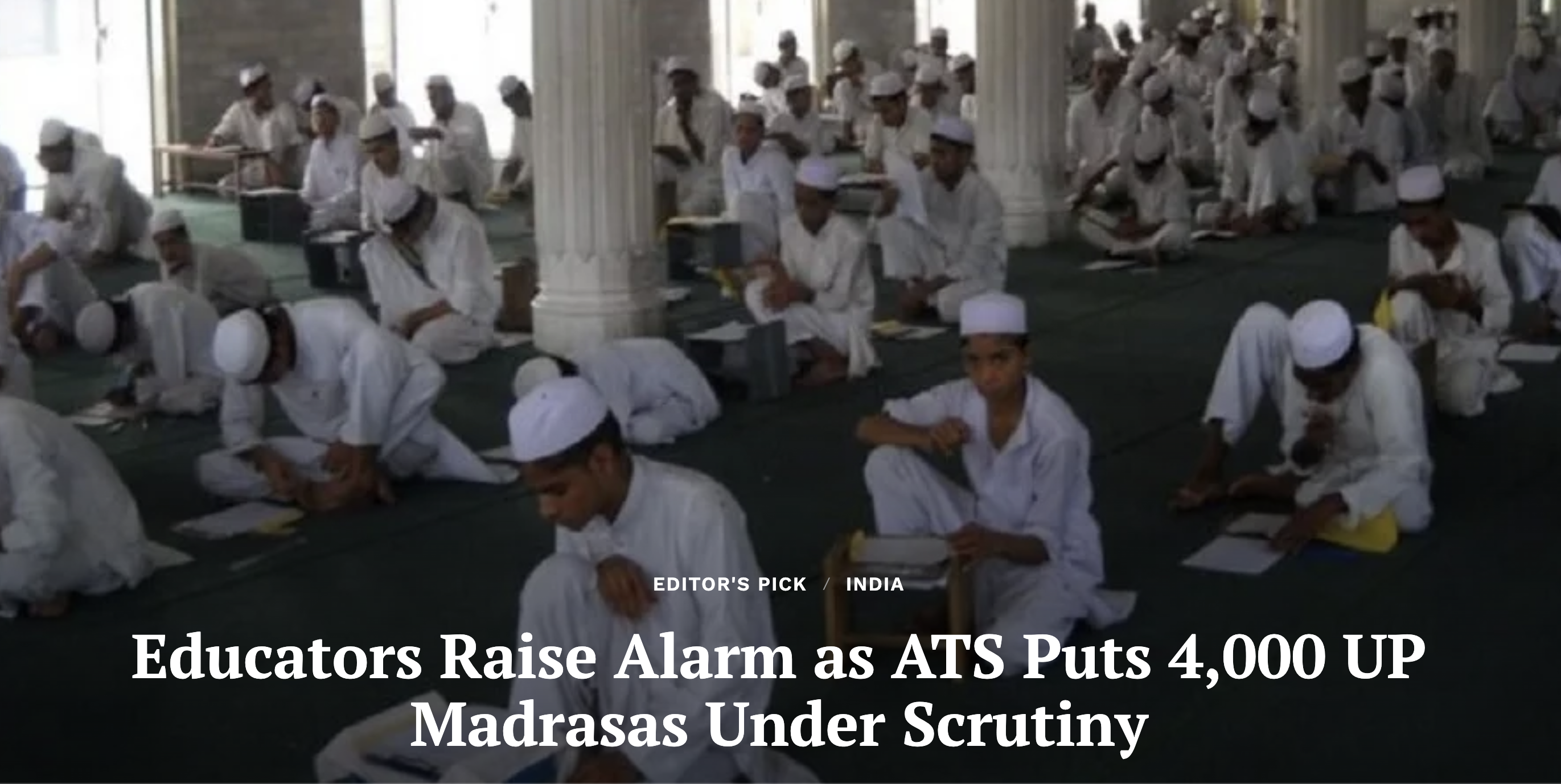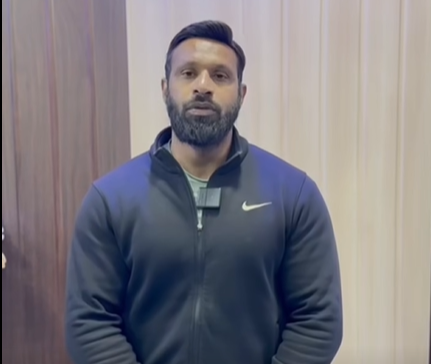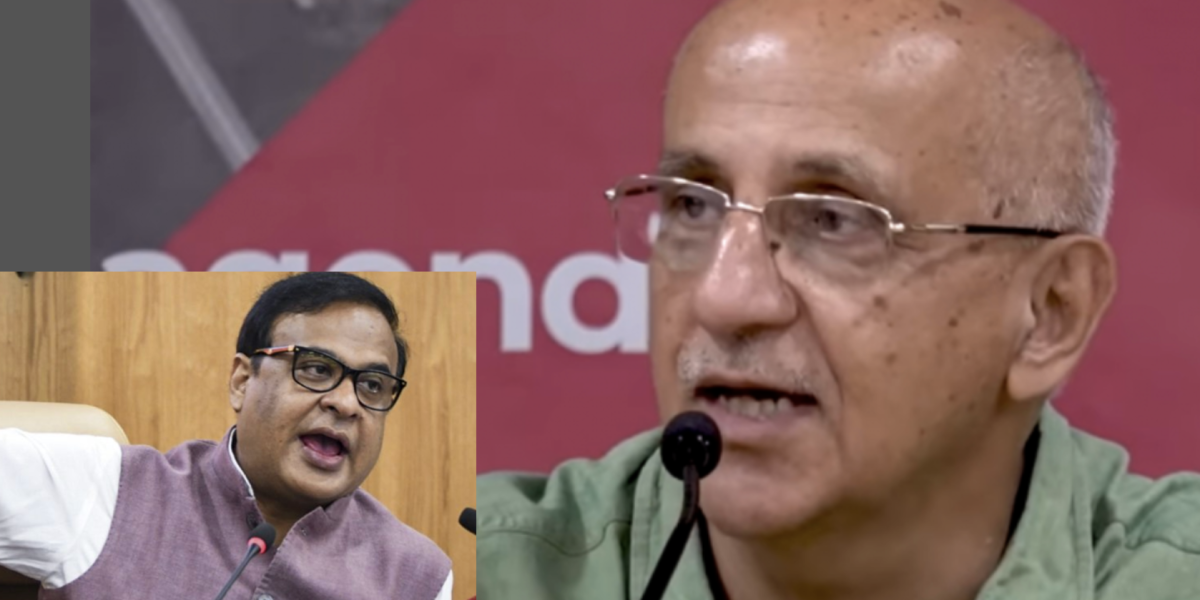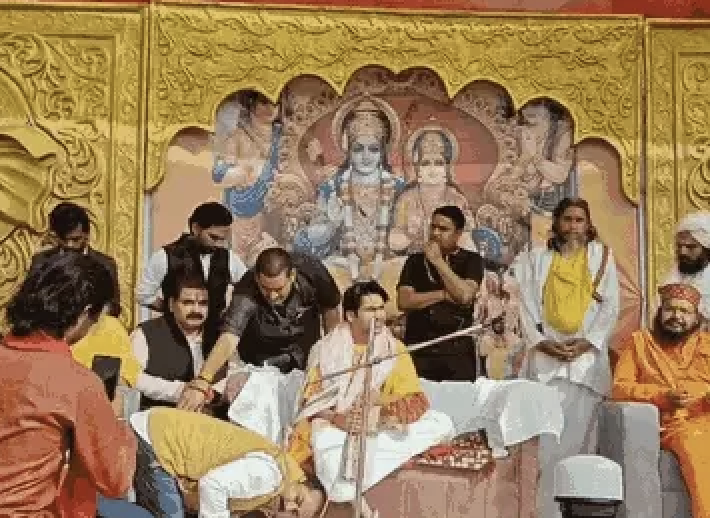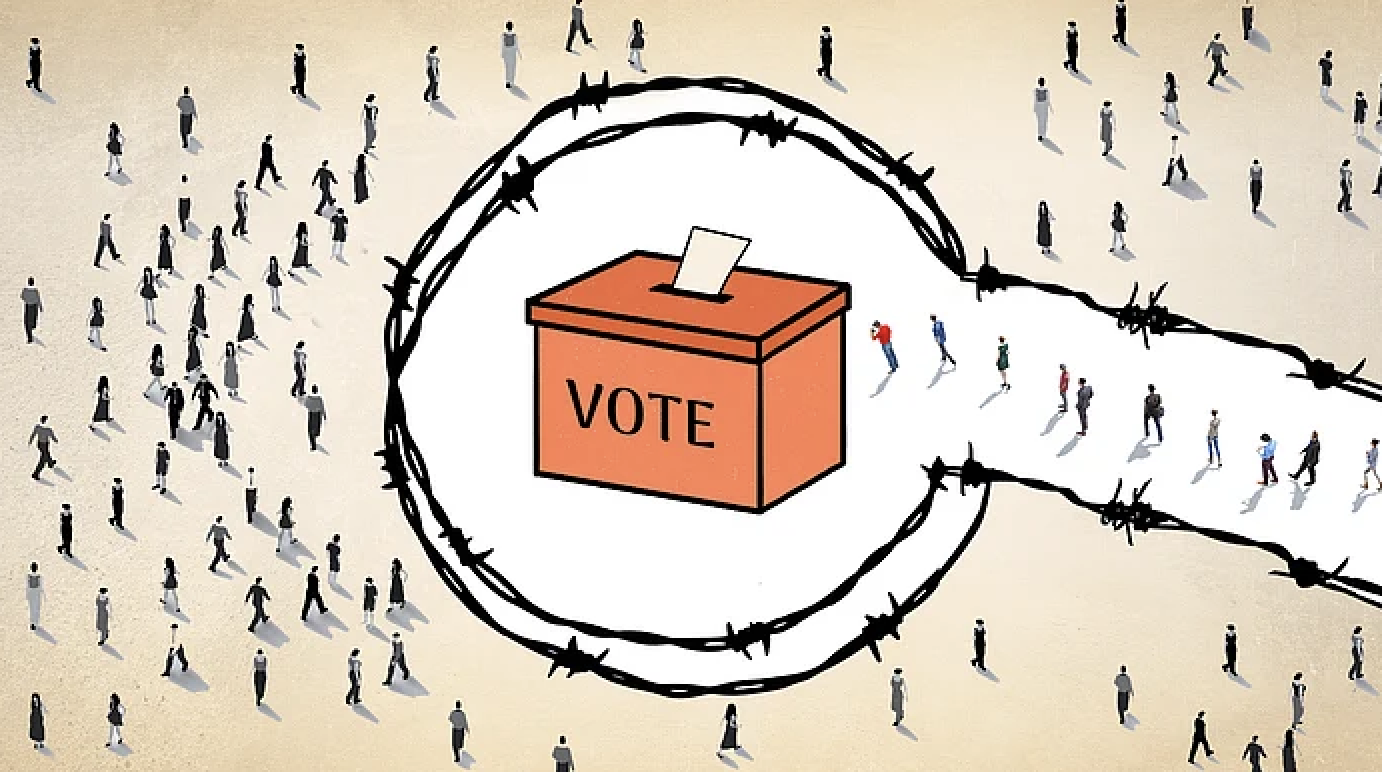
By Samrat X
Increasingly, across a widening swathe of the world, the central campaign issue for right-wing parties is immigration. Recent statements by top leaders, along with a series of administrative moves, suggest that with the Ayodhya Ram temple built and Article 370 abrogated, immigration is now emerging as the key political issue for right-wing politics in India as well.
In his Independence Day speech from the ramparts of Red Fort on August 15, Prime Minister Narendra Modi said that “under a deliberate conspiracy, seeds of a new crisis are being sown to alter the demography of the country. Infiltrators are snatching away the livelihoods of our youth and targeting our sisters and daughters. This will not be tolerated.” He announced that a high-powered Demography Mission would be launched to ensure India’s unity, integrity, and security, tackling both strategic and social challenges.
The Prime Minister mentioned the new Demography Mission again a few days later, this time in an election campaign speech in Bihar. In that speech at the Magadh University grounds in Bodh Gaya, Modi alleged that the Rashtriya Janata Dal and Congress, the main opposition parties in Bihar, were supporting illegal immigrants for vote bank and appeasement politics.
Alleged illegal immigration has thus indirectly become the main election issue in the upcoming Bihar polls scheduled for October-November, courtesy the controversy over the Special Intensive Revision of electoral rolls. “Inclusion of the names of foreign illegal immigrants” was cited by the Election Commission as one of the reasons for conducting the revision of electoral rolls when the move was announced in June.
Draft electoral rolls following this exercise removed 65 lakh names from the existing voter lists.
Congress leader Rahul Gandhi has labeled this as “vote chori”. The opposition “Mahagathbandhan” alliance, whose principal component parties are the RJD and Congress, organised a “Vote Adhikar Yatra” led by Gandhi and RJD leader Tejashwi Yadav to raise the issue of non-inclusion of people in electoral rolls.
After the Bihar polls, an all-India revision of electoral rolls, on the lines of the one in Bihar, is already being planned. The exercise would be completed by early 2026, before assembly elections in West Bengal and Assam, both of which are expected around March 2026.
These two states are at the heart of the politics of migration in India.
No Indian state has a longer history of politics of migration than Assam. It is a history that traces back to before the independence of India, to a time when the country’s British colonial rulers made and unmade borders at will.
This story was originally published in newslaundry.com. Read the full story here.


